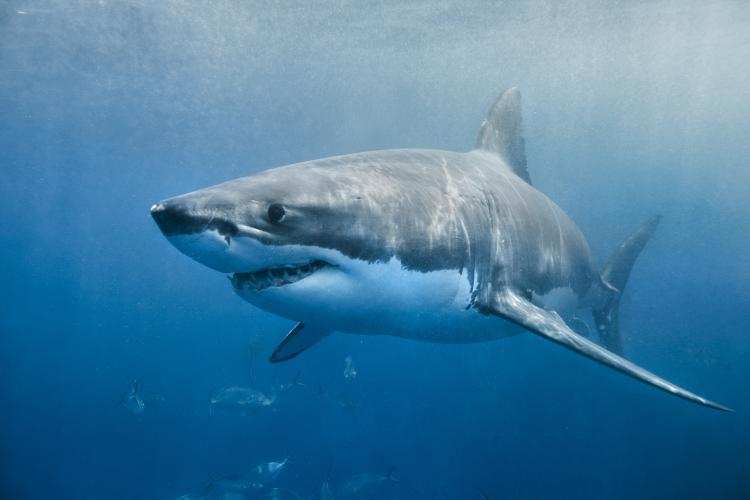
Researchers recorded videos of an orca pod hunting great white sharks in the Gulf of California and devouring their livers over the past few years and recently released a study based on the videos.
According to NBC News, researchers recorded an orca hunt in 2020 and another orca hunt in 2022, with both videos showing orca pods attacking juvenile great white sharks by flipping the sharks on their sides to stun them before slicing the sharks open and eating their livers. Researchers published a report on Sunday in Frontiers in Marine Science based on the two videos.
“Aerial videos indicate consistency in killer whales’ repeated assaults and strikes on the sharks, indicating efficient ability by the mammals in attempting to induce tonic immobility in the prey and allow uninterrupted access to the liver for consumption,” researchers stated. “Once extirpated from the prey body, the target organ is shared between the members of the pods including calves.”
According to NBC News, Erick Higuera, a marine biologist who recorded the videos and coauthored the study, explained that he did not initially observe the significance of the footage he recorded until during the editing process.
“I saw in the monitor that the shark had the liver hanging out on the side, already popped off. And a few minutes later, they came up with the liver in their mouth,” Higuera said. “I was surprised that it could be a great white. I was not believing it.”
NBC News reported that Higuera and his fellow researchers on the study claimed that the orcas in the two different hunts he recorded seem to have been from the same orca pod, which has been labeled the “Moctezuma pod.” The outlet noted that the orca pod has been repeatedly spotted in the waters off of Baja California and only hunts whales and sharks.
READ MORE: Video: ‘Elusive’ great white shark spotted off Rhode Island coast
Francesca Pancaldi, another coauthor of the study and a researcher at the Instituto Politécnico Nacional Centro Interdisciplinario de Ciencias Marinas, noted that the study shows how the orca pods have exploited a vulnerability in great white sharks.
“When it flips the shark upside down, it forces the shark to get into the state that is called tonic immobility,” Pancaldi said. “They freeze. It’s like a catatonic state. They just don’t do anything.”
Heather Bowlby, a research scientist with Fisheries and Oceans Canada, suggested that the videos recorded by Higuera serve as a reminder that even great white sharks can be considered prey.
“We’re so conditioned to thinking of white sharks as the top of the food chain,” Bowlby stated. “It is always amazing to be reminded they are prey.”